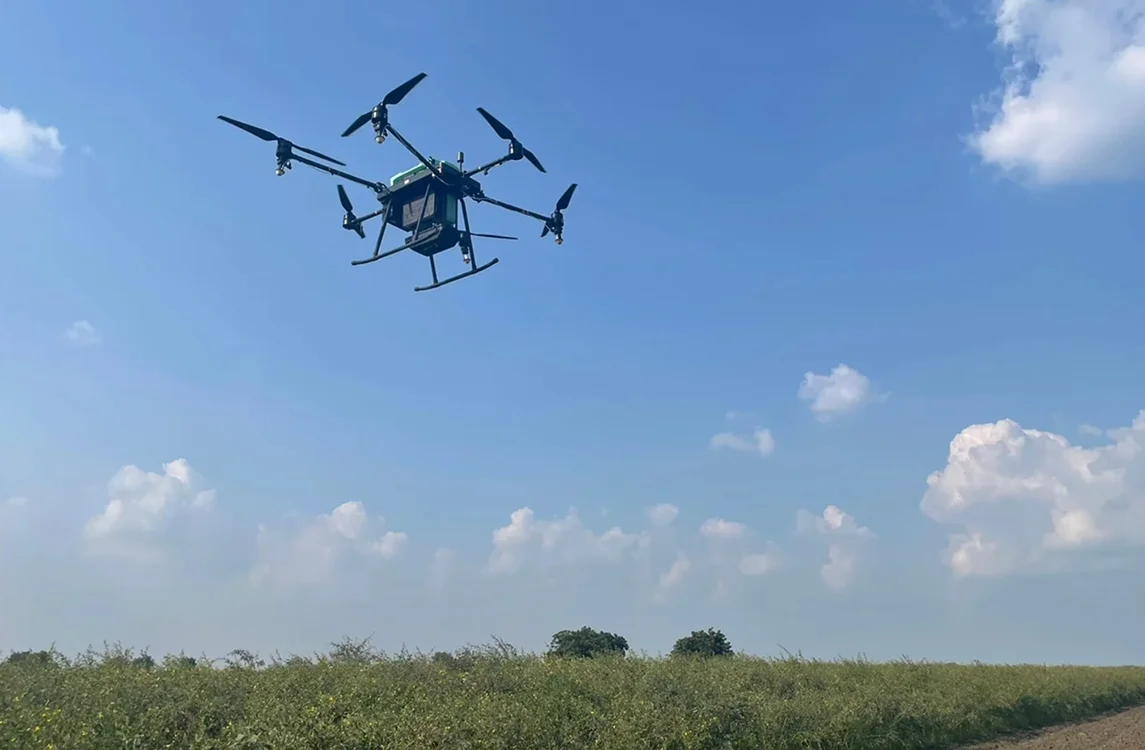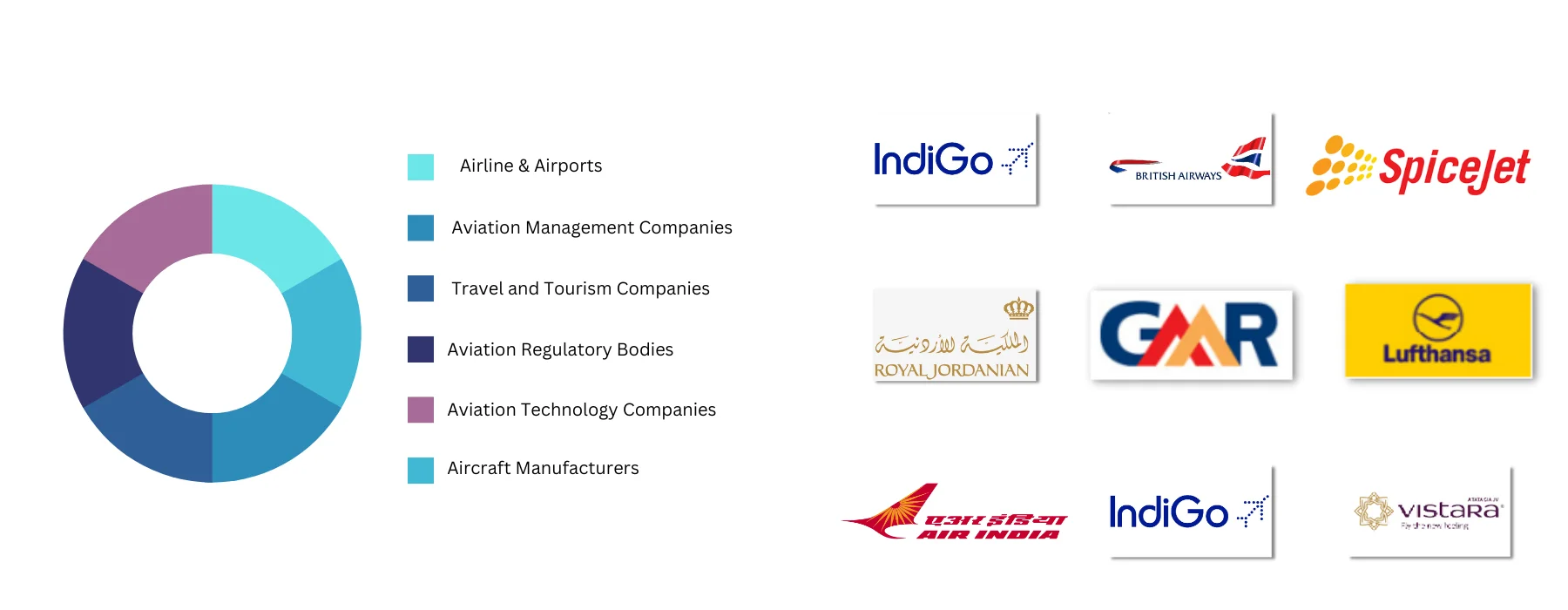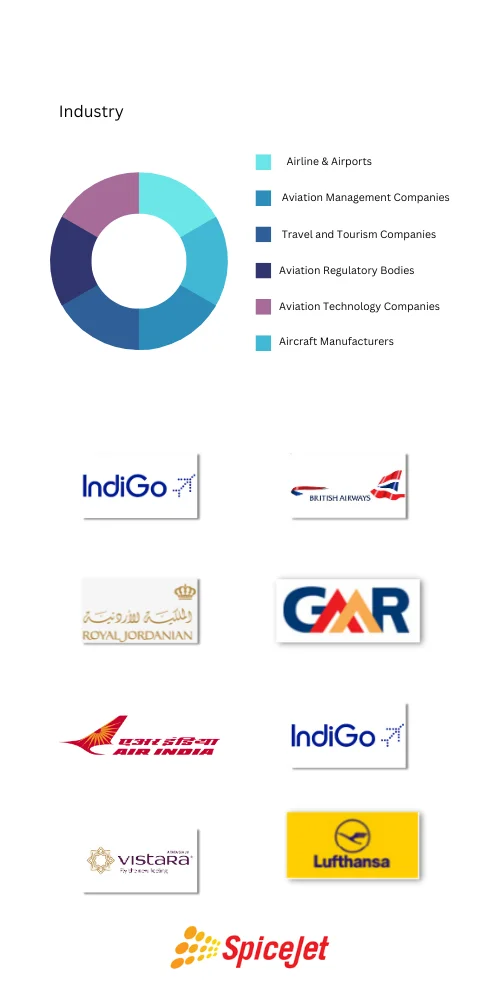

In Our MBA in Aviation Management program, you will study a wide range of subjects related to the aviation industry and Airport management. The program is designed to equip students with a combination of technical knowledge and management skills required to succeed in the aviation industry. Some of the core subjects you may study in an MBA in Aviation Management program include:
Marketing Management
Financial Management Part I
Human Resource Management
Business Communication
Principles of Management
Airline & Airport Management
Total Quality Management & Six Sigma
Financial Management Part II
Managerial Economics
Quantitative Techniques
Management Information System
Aviation Safety & Security Management
Airline Operations
Customer Relationship Management
Aviation Law & Insurance
Airline Economics
Operations Management
Overview of Civil Aviation
Strategic Management
Airport Ramp Operations
International Business
Airport Terminal Operations
Dissertation


The Indian aviation industry is experiencing phenomenal growth, fueled by a rising middle class, increased disposable income, and growing tourism. This skyrocketing demand for air travel translates into a surge in job opportunities for skilled professionals. An MBA in Aviation Management can equip you with the knowledge and expertise to take flight in this exciting field.
An MBA in Aviation Management is a specialized postgraduate program designed to equip you with the skills and knowledge necessary to manage various aspects of the aviation industry. The curriculum typically covers core business management principles alongside in-depth aviation-specific subjects like:
• Airline Operations Management: This subject delves into the intricate workings of an airline. You'll learn about flight scheduling, crew management, maintenance planning, revenue management, and ensuring smooth and efficient airline operations.
• Airport Management: Airports are complex ecosystems. This subject explores airport infrastructure management, air traffic control systems, passenger and cargo handling processes, airport security protocols, and strategies to optimize airport operations for efficiency and profitability.
• Air Cargo Logistics: The air cargo industry plays a vital role in the global supply chain. This subject explores air cargo handling procedures, customs regulations, freight forwarding strategies, and the effective management of air cargo logistics across international borders.
• Aviation Safety and Security: Safety is paramount in aviation. This subject emphasizes aviation safety regulations, accident investigation procedures, security protocols for passengers and cargo, and emergency response plans to ensure a safe and secure flying experience.
• Marketing and Customer Service in Aviation: Airlines compete fiercely for customer loyalty. This subject explores marketing strategies for airlines, branding techniques, customer service best practices, and revenue management strategies to attract and retain passengers in a competitive market.
• Regulatory Compliance: The aviation industry is heavily regulated. This subject explores national and international aviation regulations, safety standards, environmental regulations, and the importance of ensuring airlines and airports operate within these legal frameworks.
The Indian aviation sector is projected to become the world's fastest-growing aviation market domestically by passenger traffic (CAPA India). This rapid growth translates into a plethora of job opportunities for MBA in Aviation Management graduates. Here are some key statistics to consider:
• Passenger Traffic Growth: The Indian aviation market is expected to witness a Compound Annual Growth Rate (CAGR) of 7.2% over the next decade (CAPA India).
• Job Opportunities: The aviation sector in India is estimated to create over 6.2 lakh new jobs by 2022 (FICCI).
There are numerous compelling reasons to consider an MBA in Aviation Management:
• High Earning Potential: Jobs in the aviation industry are known for offering competitive salaries and attractive benefits packages.
• Exciting Career Paths: The aviation sector offers a diverse range of career avenues, allowing you to specialize in areas that pique your interest.
• Global Exposure: The aviation industry is inherently international, opening doors to travel opportunities and potential for a global career.
The eligibility criteria for an MBA in Aviation Management program can vary slightly between institutions. However, most programs typically require a Bachelor's degree in any discipline with a minimum score (usually above 50%). Some institutions may also require work experience in the aviation sector or related fields.
An MBA in Aviation Management opens doors to a multitude of exciting career paths in the aviation industry, including:s
Leading airlines, airport authorities, aviation consultancies, air cargo companies, and MRO (Maintenance, Repair and Overhaul) facilities are some of the top recruiters for MBA in Aviation Management graduates.
Several prestigious institutions across India offer MBA in Aviation Management programs. Here are some prominent options to consider for Mba Aviation Management Colleges in India.
With the Indian aviation industry poised for continued growth, an MBA in Aviation Management can be your launchpad to a rewarding and successful career. Carefully research MBA Aviation Colleges in India and choose a program that aligns with your career goals. Mba Aviation programs in cities like Delhi, Mumbai, Pune, and Bangalore offer access to industry hubs and potential internship opportunities. By investing in your education and honing your skills, you can take flight and contribute to the future success of the Indian aviation industry.
Partnering with world's leading universities and companies